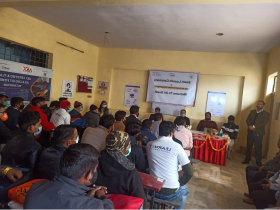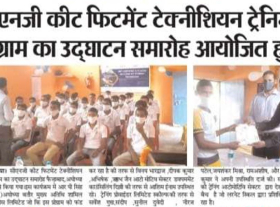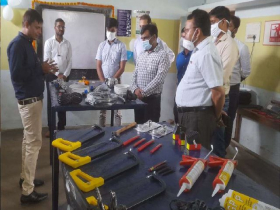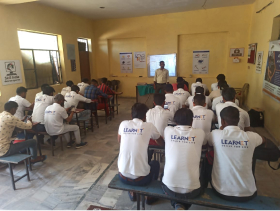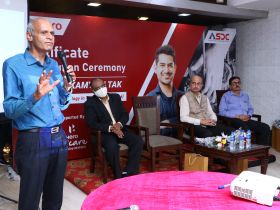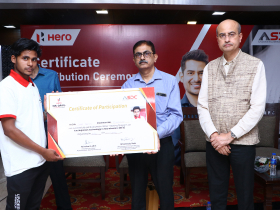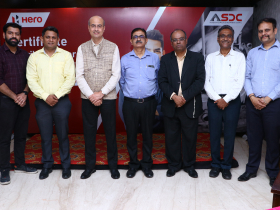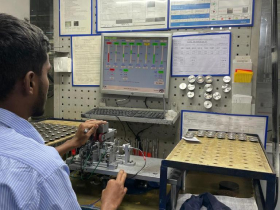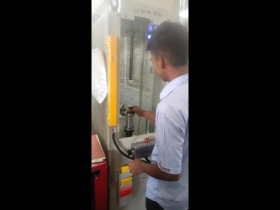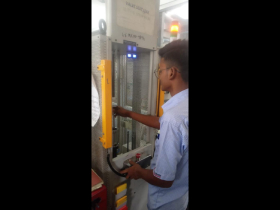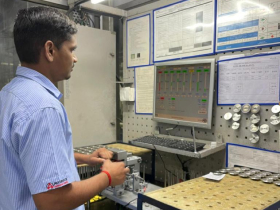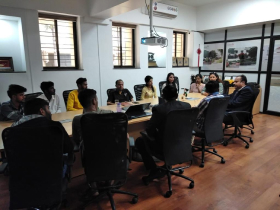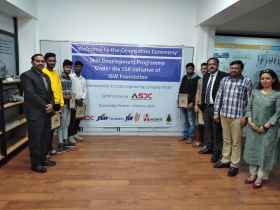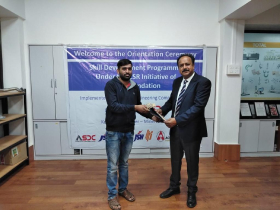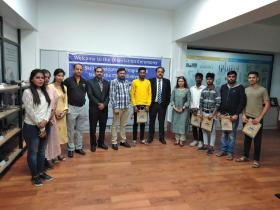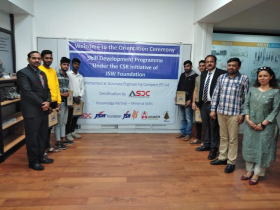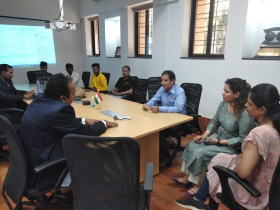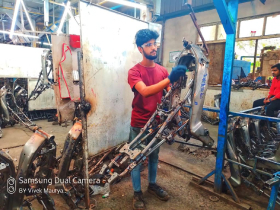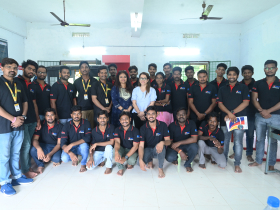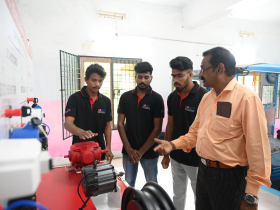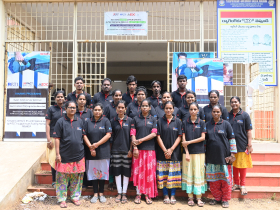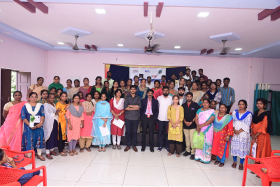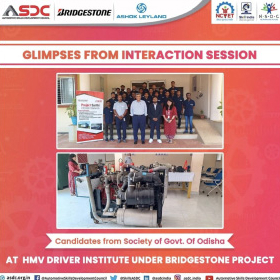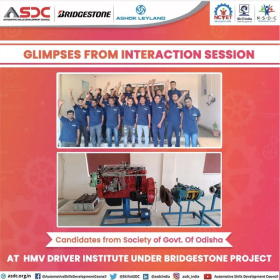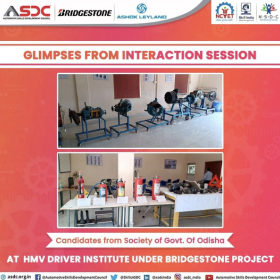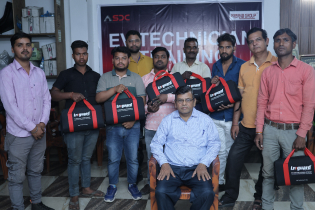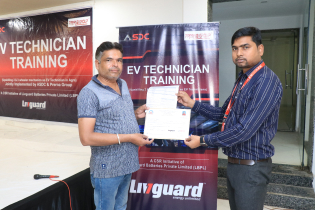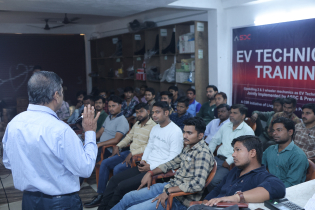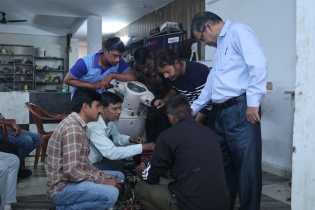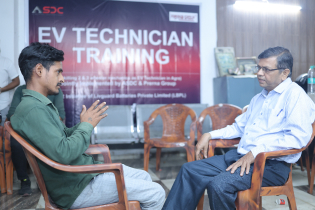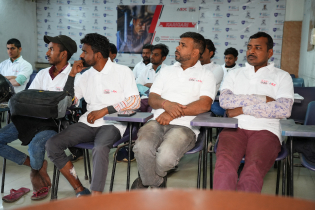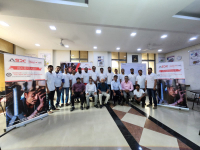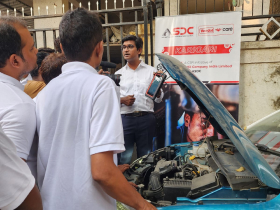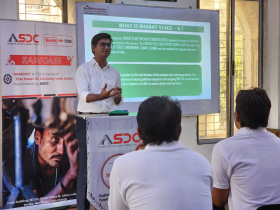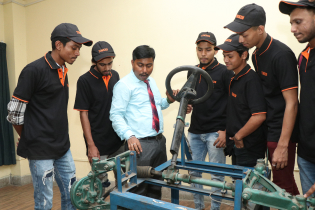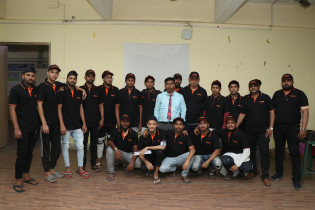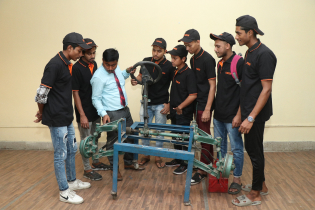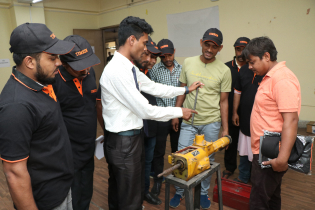The Corporate Social Responsibility concept in India is governed by Section 135 of the Companies Act, 2013 (‘Act’), Schedule VII of the Act and Companies (CSR Policy) Rules, 2014 wherein the criteria has been provided for assessing the CSR eligibility of a company, Implementation and Reporting of their CSR Policies. India having the most elaborated CSR mechanism and implementation strategy has started its journey to set a benchmark in attaining sustainability goals and stakeholder activism in nation building.
The impact of CSR in the automotive industry is significant, influencing various aspects of the sector. CSR
initiatives promote sustainability by driving innovation towards cleaner technologies and reducing carbon emissions.
Automakers' responsible practices contribute to environmental protection, addressing climate change challenges
head-on. Additionally, CSR efforts enhance brand reputation as consumers increasingly value socially and
environmentally conscious businesses when making purchasing decisions. Collaborative partnerships between industry
stakeholders foster positive societal impacts through education programs, job creation, and road safety campaigns
within local communities while promoting inclusivity and shared values. Overall, CSR in the automotive industry drives
positive change by aligning business objectives with environmental stewardship and social responsibility goals for a
sustainable future.
Know more

Skill training through CSR initiatives in the automotive industry benefits individuals by expanding job opportunities, increasing employability, and boosting earning potential. It supports industry by creating a pool of skilled workforce, and society by providing opportunities to the economically backward sections.
Enhanced Job Opportunities: CSR initiatives of providing Skill training to needy individuals equips them with the knowledge and expertise required to perform various roles in the automotive industry. It expands their job prospects and enables them to pursue careers as automotive technicians, mechanics, engineers, designers, or in other specialized fields. Well-trained individuals are more attractive to potential employers. Automotive companies seek skilled workers who can contribute immediately to their operations, reducing the need for extensive on-the-job training; and this is precisely where Skill training through CSR initiatives play a big role by preparing candidates who can meet the expectations of the large OEMs.
Industry Relevance & Technological Proficiency: The automotive industry is continually evolving due to advancements in technology, changing customer preferences, and environmental concerns. Skill training through CSR ensures that the deserving candidates get state of the art training to keep up with the latest trends, regulations, and best practices. Automotive technology is rapidly advancing, with electric vehicles, autonomous driving, and advanced driver-assistance systems (ADAS) becoming increasingly prevalent. Skill training through CSR initiatives helps deserving individuals to gain expertise in these emerging technologies, preparing them to work on cutting-edge vehicles and systems.
Innovation and Problem Solving: Skill training encourages critical thinking and problem-solving skills. By gaining a deeper understanding of automotive systems, professionals can innovate, troubleshoot, and develop solutions to complex technical issues, contributing to the advancement of the industry.
Higher Earning Potential: Acquiring specialized skills through CSR initiatives in the automotive industry often leads to higher earning potential. Professionals with advanced knowledge and certifications typically command higher salaries, reflecting the value they bring to their employers.
Skill training through CSR initiatives aims to elevate people beyond being adequately proficient at a skill to a higher-order performance, where they can think critically about their work, appraise results, and design solutions to problems. This can provide greater performance, flexibility, and innovation for businesses and thus has the potential to bring an 'inclusive' positive change in society.
| Identify the skill gaps: | Start by conducting a comprehensive survey and analysis of the automotive sector's skill requirements in the specific region where your company operates. Identify the specific skill gaps and the areas that require focus. |
| Collaborate with industry experts: | Partner with automotive industry associations, technical institutes, and experts to develop relevant and industry-specific skill development programs. Their expertise can help tailor the training to meet industry standards and demands |
| Establish a skilling center or centre of Excellence: | Set up a dedicated skilling center or partner with existing skill development institutes that focus on the automotive sector. This center can be equipped with the necessary infrastructure and training resources. |
| Design a structured curriculum: | Develop a well-structured curriculum that encompasses theoretical knowledge, practical training, and hands-on experience. Ensure that the training aligns with the latest technologies and trends in the automotive sector. |
| Create Training of Trainer program to Engage qualified trainers: | Employ experienced and knowledgeable trainers who can effectively impart their skills and expertise to the trainees. Trainers should be able to bridge the gap between theory and real-world application. |
| Provide Skilling, up-skilling, and re-skilling Training: | Provide skill training to Fresh Candidates, unskilled or semi-skilled manpower with alignment of NSQF job role level |
| eSkilling & Digital literacy: | To enhance eskilling and digital literacy related content to provide free access to the relevant audiences. |
| Women Empowerment Training in Automotive Sector: | The automotive industry has always had a masculine image associated with it. However, there has been a slow but sure shift in this mentality and a push for more on gender equality. Many automakers have been taking steps to increase the number of women in their workforce and we have seen some women rise to prominent roles as well. Through CSR fund we can enhance the Training capacity of the Women Candidates in Skill Training. |
| Offer certifications: | Provide recognized certifications upon successful completion of the skill development programs. These certifications can enhance the employability of the trainees in the automotive industry. |
| Encourage industry exposure: | Arrange for internships or apprenticeships with automotive companies for the trainees. Practical experience in a real automotive setting can significantly enhance their skills and employability. |
| Reach out to underprivileged communities: | Consider extending the skill development initiatives to underprivileged communities or marginalized groups. This can contribute to creating a more inclusive workforce in the automotive sector. |
| Monitor and evaluate: | Regularly monitor the progress of the skilling programs and assess their impact on the participants and the automotive sector. Use feedback to continuously improve the training initiatives. |
| Publicize and share success stories: | Highlight the success stories of individuals who have benefited from the skilling programs. Publicizing these achievements can motivate more people to participate in the training and attract further support from stakeholders. |
